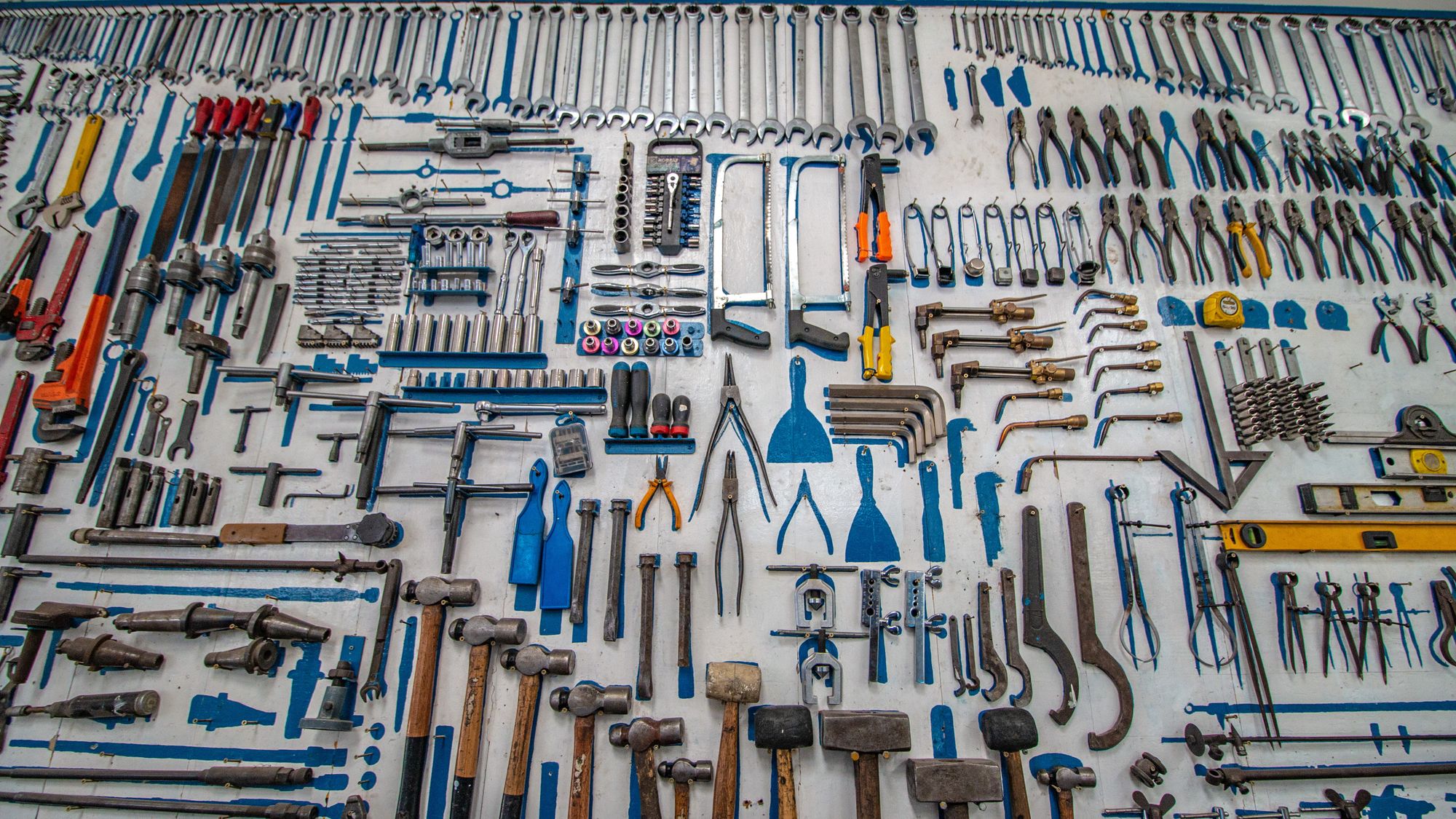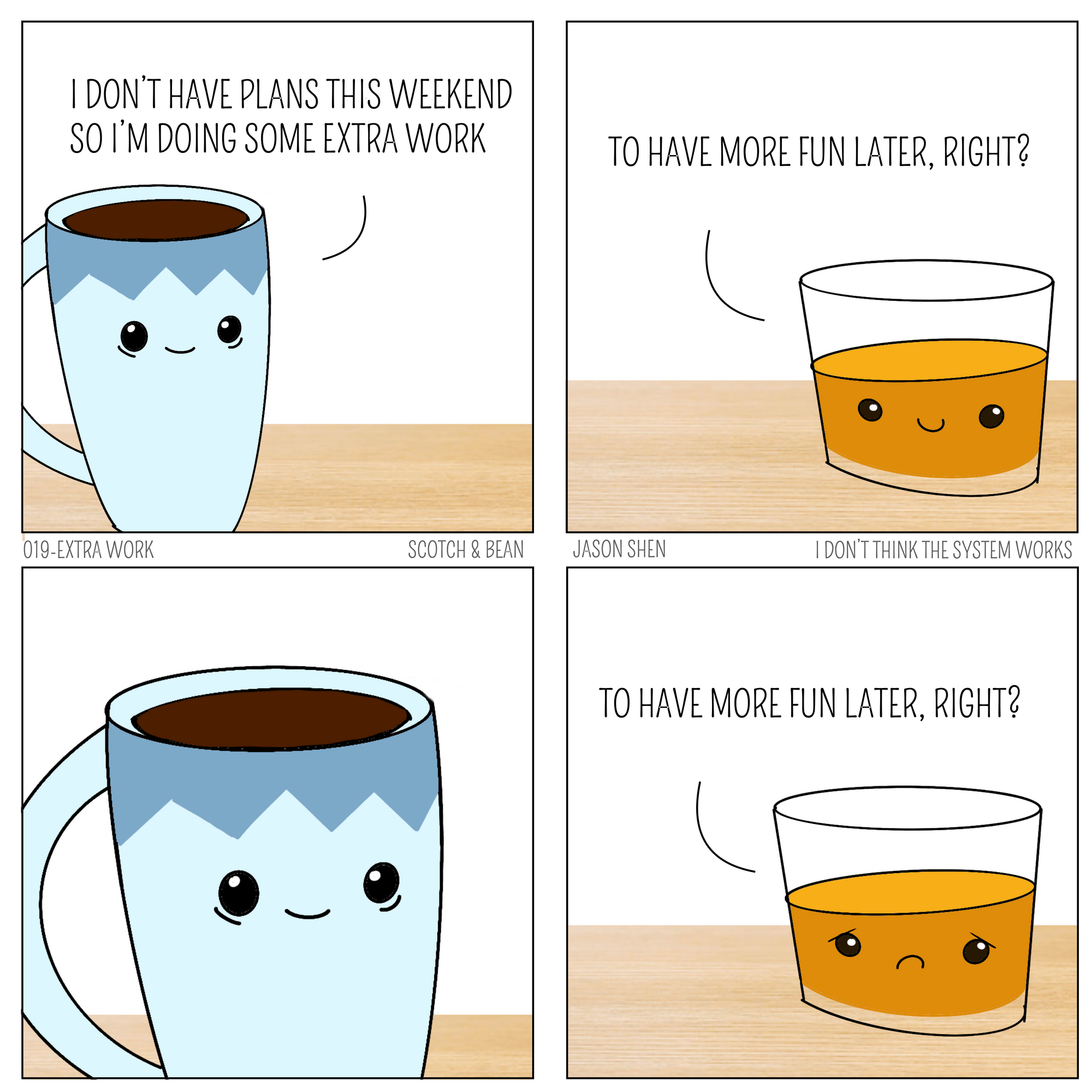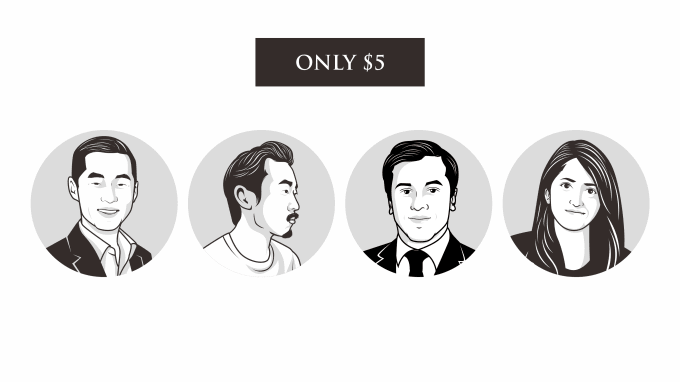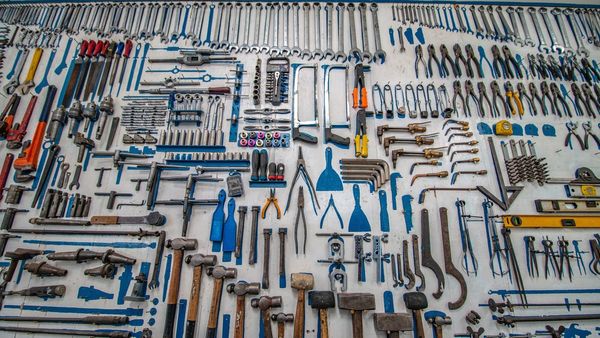This is the 71st edition of Cultivating Resilience, a weekly newsletter how we build, adapt, and lead in times of change—brought to you by Jason Shen, a 1st gen immigrant, retired gymnast, and 3x startup founder turned Facebook PM.
I know one of the lessons of the pandemic has been that remote work at scale can be productive / effective, but one big thing about most larger distributed companies is that they get together several times a year in person for an extended period of time, several days at least, to bond and build in-person connection.
And I got to do that this past week. I took a train to a coworker’s place and spent at least 5 hours over course of a day (over drives, drinks, dinner, and a hike) learning about each other’s lives and perspectives on the work we do together. It was truly lovely and something I look forward to doing more of as we hopefully come down from our Delta variant peak.
Jason
PS - I need some volunteers to test something for this newsletter. Please raise your hand if you can help. Very low effort
🧠 Can Focusing on Our Mental Health Be Bad for Our Mental Health?

One of my favorite podcasts, No Stupid Questions, explored this question recently from an anonymous British military veteran:
I have served as an officer in the British army for the past 15 years, including two tours of Afghanistan. As a young officer, I can barely remember mental health being discussed except during a mandatory period of post operational decompression at the end of deployments. It certainly didn't pervade the everyday management of my soldiers as it can do at the moment.
Putting my professional experience to one side, he continues. It does seem like over the last decade, society writ large has become more mental health conscious. I don't dispute that for the most part, this seems like a really positive progression.
People are now far more comfortable, verbalizing their struggles and accessing the treatment they need. He writes, but he goes on cold heartedly. I can't help, but wonder if the focus on mental health has caused widespread hypersensitivity and or hypochondria. Could our modern day obsession with mental health, be bad for our mental health?
I would add the massive caveat that, of course I am not advocating cutting people adrift. Clearly there is a threshold at which mental health becomes a medical issue, and I really believe in helping anyone who is suffering.
The hosts had a pretty straightforward answer: probably not. (You can listen to the whole episode to hear why.) But what I find is interesting is the question itself.
There’s a sense that if we can just focus on positive things, then we’ll have a positive attitude. And there’s certainly some truth to that. We’ve all found ourselves feeling worse and worse as we ruminated over some problem. But there’s a difference between a temporary dip in mood and a longer term drop in mental health.
My first response to the question was rhetorical:
Could our modern day obsession with physical health (e.g. cancerous agents, sedentary lifestyle, sugar), be bad for our physical health?
My answer is also probably not.
It’s better that we know about all the ways our health can be affected by the environment, the foods and drugs we consume, and how we live. We may be making tradeoffs in those decisions—cars drive closer to bikes when the biker rider is wearing a helmet—but still probably better that have helmets than not.
Similarly, it’s better that we understand that many mental disorders have genetic factors but also can be exacerbated / created by physical environment (toxins) and life events (childhood trauma).
But then I started thinking about other things:
- Could our obsession with money be bad for our finances?
- Could our obsession with efficiency be bad for our efficiency?
- Could our obsession with status be bad for our reputation?
- Could our obsession with safety be bad for our safety?
And what I realized was that maybe the answer the issue is the word “obsession”. I don’t think as a society we are actually “obsessed” with mental health. It’s just more emphasized than before. But yes, obsessing over just about anything is bad because it narrows our view. It gives us tunnel vision.
When we obsess over avoiding any risk of terrorism, we got security theater airports and $8 trillion dollar series of wars. When we obsess over pinching pennies, we miss opportunities to increase our net worth in bigger ways. Personally speaking, I’ve learned to slow down in a hard workout if I think I could get hurt, because in the long run an injury will slow me down more.
The meta lesson here: obsessing is bad. A healthy emphasis that balances the immediate gains with a long-term outlook is better.
See my conversation about this on Twitter
🖼 Extra Work (Scotch & Bean 019)

This is a rerun from a few months ago but someone shared it on Twitter (perhaps the first official quote tweet of Scotch and Bean in the wild!) and I wanted to resurface it. Take time to really relax people!
👉 Minimal Flat Avatars

You ever wonder how people get those fun hand-drawn avatars as their social media handle? Well, a bunch probably ordered them off Fiverr. There are a ton of vendors to choose from but one I’ve come back to a couple times is saysizokhu. Fast, responsive, and the right balance of accuracy with whimsy. This is not an affiliate link - I just like them!
Minimalist flat line cartoon avatar
-
Like this edition of Cultivating Resilience? Help me reach more people who could use these ideas by sharing it!

